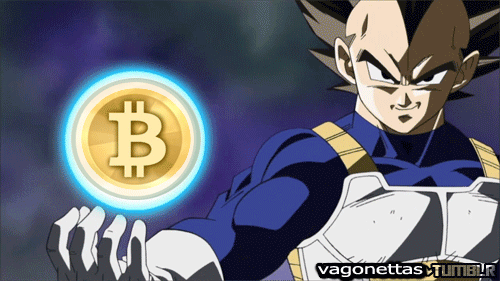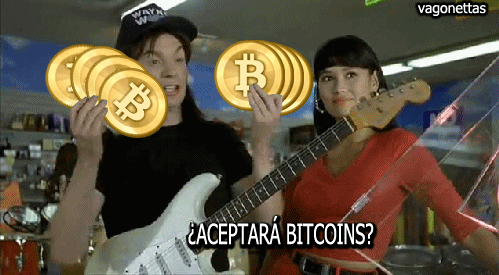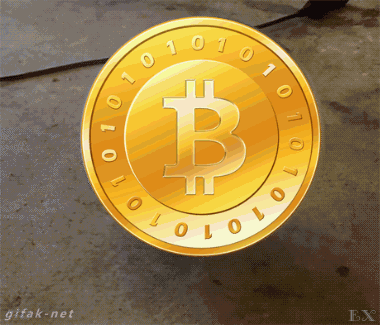
Why Bitcoin fails as a payment system?
From the moment Satoshi Nakamoto wrote the technical paper on Bitcoin, he conceived it as a payment system and a currency that would work entirely online. However, since its inception, many things have happened, and the core function of Bitcoin has moved substantially away from that ideal.

Many now see and use Bitcoin as a store of value, and it has become the investor's dream since its volatility is projected mainly upwards, earning enormously compared to any other asset there is.
But as a payment system, Bitcoin still has many failures, and there are core problems that are holding back its growth in this direction.
The scalability of Bitcoin is hampered because it is too slow and expensive compared to more conventional payment processing platforms.
Cost of transactions
Bank of America Merrill Lynch analysts have weighed in the debate over Bitcoin's role in the global financial system.
Its first port of call was the Bitcoin transactions, which is the commission that the miners charge to validate a Blockchain transaction.
In the first quarter of 2017, the commission was $ 2.40 per transaction, a significant increase of $ 0.024 cents in the fourth quarter of 2016.
"One of the reasons why there is a commission is because the larger the size of the transaction data, the more time and energy it will take the miners to validate the data," said Bank of America Merrill Lynch analysts.
"Commissions are not strictly enforced, such as transaction fees in normal banking, but if the appropriate commissions are not included, there is a serious risk that a transaction will not be processed by a miner."
The mining economy is complicated and necessary, but they are playing a role in slowing the adoption of Bitcoin as a payment system.
At this time, the reward for each new block mined in the Blockchain is 12.5 Bitcoin. At current prices, that's around $ 75,000.
According to analysts, there are about 2,000 Bitcoin transactions in each block mined, so according to that information, you can get a base price of $ 37.50 ($ 75,000 / 2,000) per transaction.
While the specific figures are not calculated, analysts said that the mining reward factors in the real economic cost of a Bitcoin transaction are adequate.

Transaction speed

Looking more deeply into the data, analysts also examined transaction speeds. They achieved an average waiting time of approximately 10 minutes for the 300,000 transactions per day.
They also compared this with the Visa payment system, which processes an average of 2,000 transactions per second, with a maximum capacity of 56,000 per second.
"Assuming that 20,000 retail transactions are processed per second, it would take about 100 minutes to process the one-second transactions in the Bitcoin Blockchain," the analysts said.
That suggests that significant speed updates must be developed before Bitcoin can be meaningfully adopted as a payment platform.
Comparing costs, analysts said that standard transaction fees for transaction processors such as Visa and MasterCard range between 0.2 and 5 percent depending on factors such as the size and location of the merchant.
So, taking into account Bitcoin's $ 2.40 transaction fee plus the 0.20 percent charge applicable in today's industry, analysts said the minimum size of a transaction would have to be $ 1,200 for Bitcoin to be balanced.
In conclusion

Merrill Lynch analysts concluded that Bitcoin is a wonderful proof of concept for the underlying technology, which is Blockchain.
"However, until now it seems that it has not advanced much in its obvious agenda, to provide a 'purely peer-to-peer version of electronic cash'".
THAT WAS IT. YOU WANT TO MORE FUN, FOLLOW ME.
I POST ARTICLES OF ECONOMY, FINANCE, INVESTMENTS, FAMILY, HEALTH AND LOVE. AND SOME FUN STUFF TOO!
THANK YOU AND SEE YOU SOON
Lol, don't show this to Bitcoin holders...........they will hate you!
i´m a bitcoin holder. But this post is the truth, i hope it ll be an upgrade fixing this issues.